Quite literally, đồ chua means “sour stuff” — or Vietnamese pickles, in this case. It was a staple in my parents’ house while growing up, and eventually became a staple in my own grown-up house. It’s a very Vietnamese thing and reminds me of all the wonderful home cooking from my childhood. I can eat a whole jar of this sour stuff in one sitting.
What I discovered years ago was that in Vietnam, đồ chua is mostly made with daikon since it’s cheap and commonly grown. Carrots are added just for color. On the flip side, some restaurants in the US (especially those in small towns with less of an Asian population) tend to go a tad heavier on carrots, which are easier to source.
I like a 50/50 mix of daikon and carrots, and I’ll even throw in non-traditionally colored carrots for fun. Essentially, daikon is a mild white radish — Korean varieties tend to be large and round, while Japanese varieties are long and cylindrical. I’ve seen Chinese varieties both ways at the Asian market, and you’ll be fine with whatever you find. This season I grew Miyashige daikon at home.
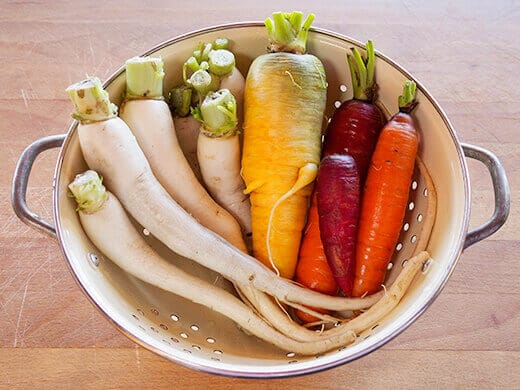
This easy recipe will be familiar to many of you who’ve tried đồ Chua before. It tastes quite similar to what you’ve had in a down-home Vietnamese restaurant, and that’s what I like most about it. You can’t beat simplicity.
Vietnamese Daikon and Carrot Pickles (Đồ Chua)
Makes 2 pints
Ingredients
1 cup rice vinegar (or distilled white vinegar)
1 cup water
1/4 cup sugar
1 pound mixed daikon and carrots
Kosher salt
Making Your Vietnamese Daikon and Carrot Pickles (Đồ Chua)
In a small saucepan over medium-low heat, combine the vinegar, water, and sugar, and stir until the sugar is fully dissolved. Remove from heat and let the brine cool to room temperature.
Cut your daikon and carrots into matchsticks about 2 inches long.
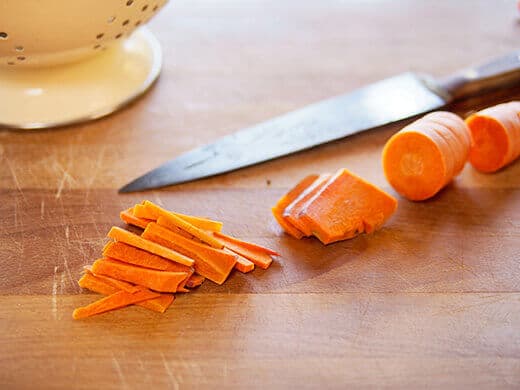
Combine the vegetables in a colander, and toss in a small handful of kosher salt. Mix in the salt using your hands. The salt will draw out moisture and odor (from the daikon) and you’ll see it all pooling on the bottom.
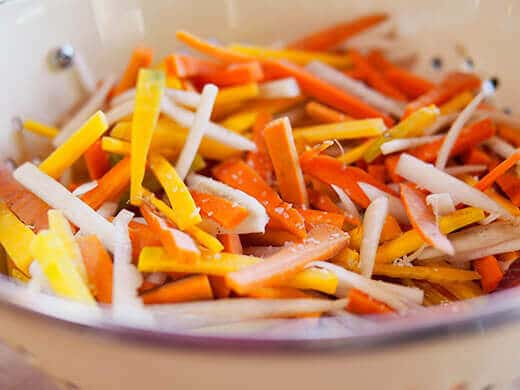
Let the vegetables sit for at least 30 minutes for the salt do its thing. The strips of daikon and carrot will become soft and pliable by this time.
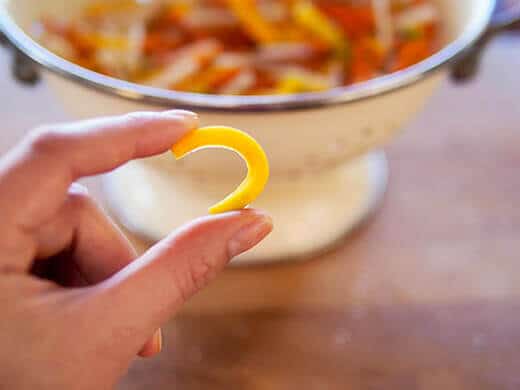
Rinse them under running water to remove excess salt, then pack the vegetables into your jars.
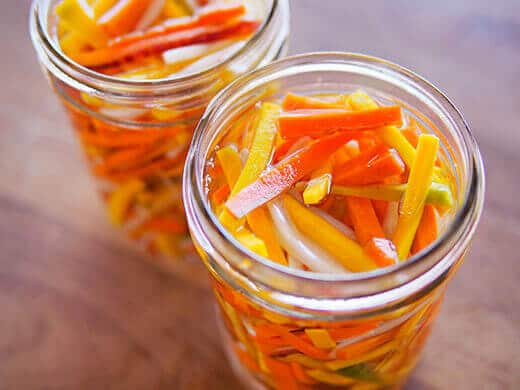
Fill the jars with brine until the vegetables are fully submerged. Allow the jars to sit at room temperature to pickle for a few hours. They can be eaten the same day, but it’s best to refrigerate them over the next several days to develop that familiar sour flavor of đồ Chua.
Though it’s traditionally used in Vietnamese dishes like bánh mì (baguette sandwiches), nước chấm (fish dipping sauce), chả gìo (spring rolls), gỏi cuốn (summer rolls), or my husband’s favorite — bún thịt heo nướng (vermicelli with grilled pork) — you can use đồ Chua anywhere you’d use a pickled relish. Stuff it into a veggie wrap or even serve it with sushi!
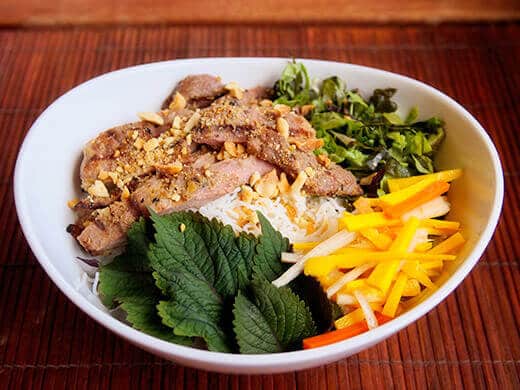
Vietnamese Daikon and Carrot Pickles (Đồ Chua)
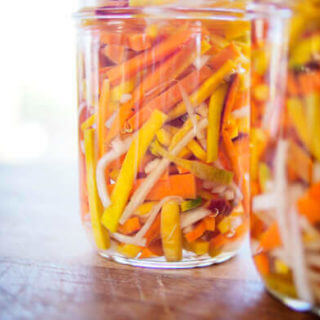
Quite literally, đồ chua means “sour stuff” — or Vietnamese pickles, in this case
Ingredients
- 1 cup rice vinegar (or distilled white vinegar)
- 1 cup water
- 1/4 cup sugar
- 1 pound mixed daikon and carrots
- Kosher salt
Instructions
- In a small saucepan over medium-low heat, combine the vinegar, water, and sugar, and stir until the sugar is fully dissolved.
- Remove from heat and let the brine cool to room temperature.
- Cut your daikon and carrots into matchsticks about 2 inches long.
- Combine the vegetables in a colander, and toss in a small handful of kosher salt. Mix in the salt using your hands.
- Let the vegetables sit for at least 30 minutes for the salt do its thing. The strips of daikon and carrot will become soft and pliable by this time.
- Rinse them under running water to remove excess salt, then pack the vegetables into your jars.
- Fill the jars with brine until the vegetables are fully submerged. Allow the jars to sit at room temperature to pickle for a few hours.
Notes
They can be eaten the same day, but it’s best to refrigerate them over the next several days to develop that familiar sour flavor of đồ chua.
Recommended Products
As an Amazon Associate and member of other affiliate programs, I earn from qualifying purchases.


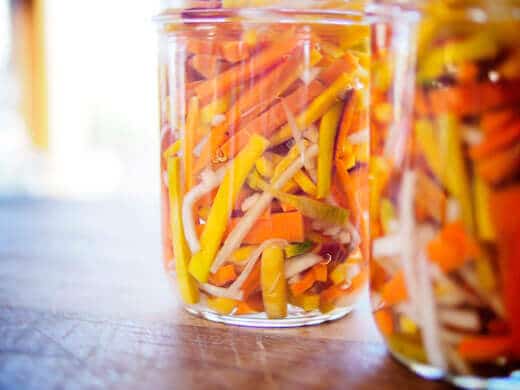


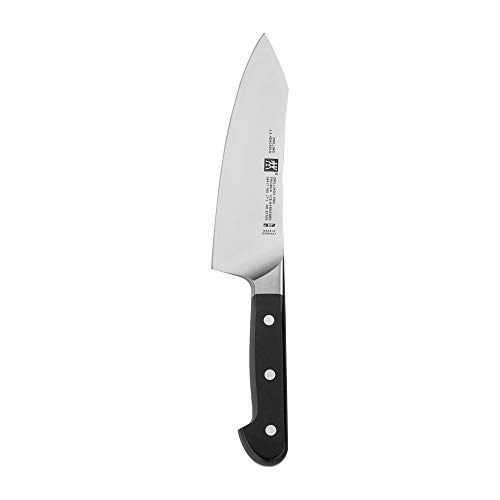
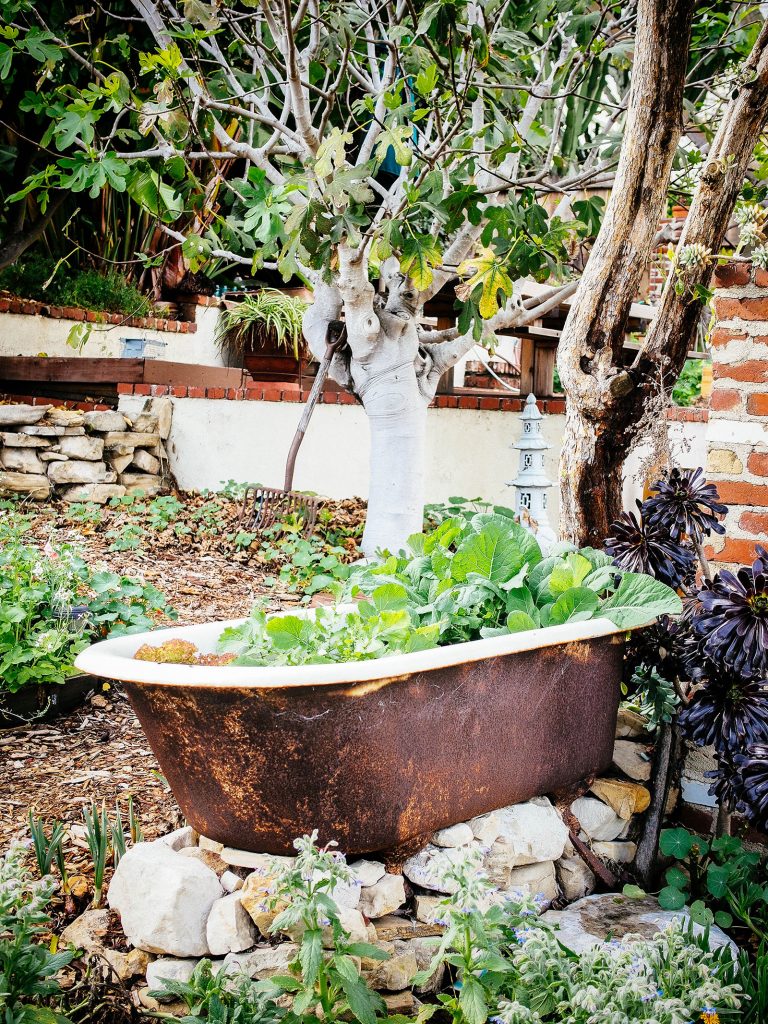
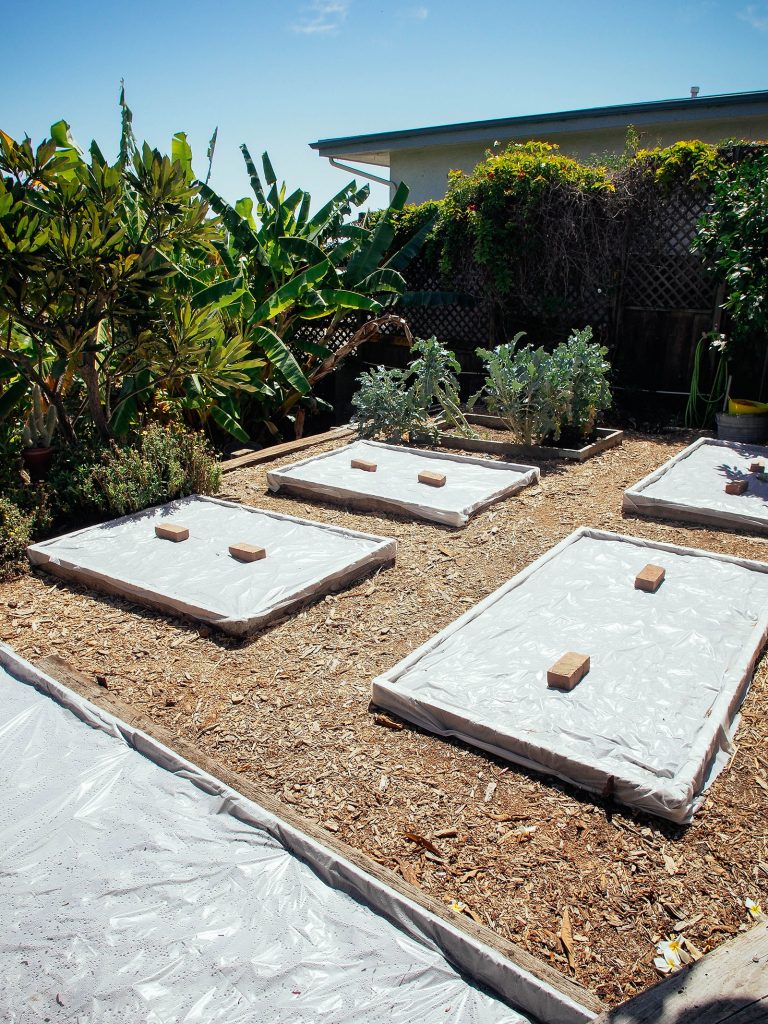
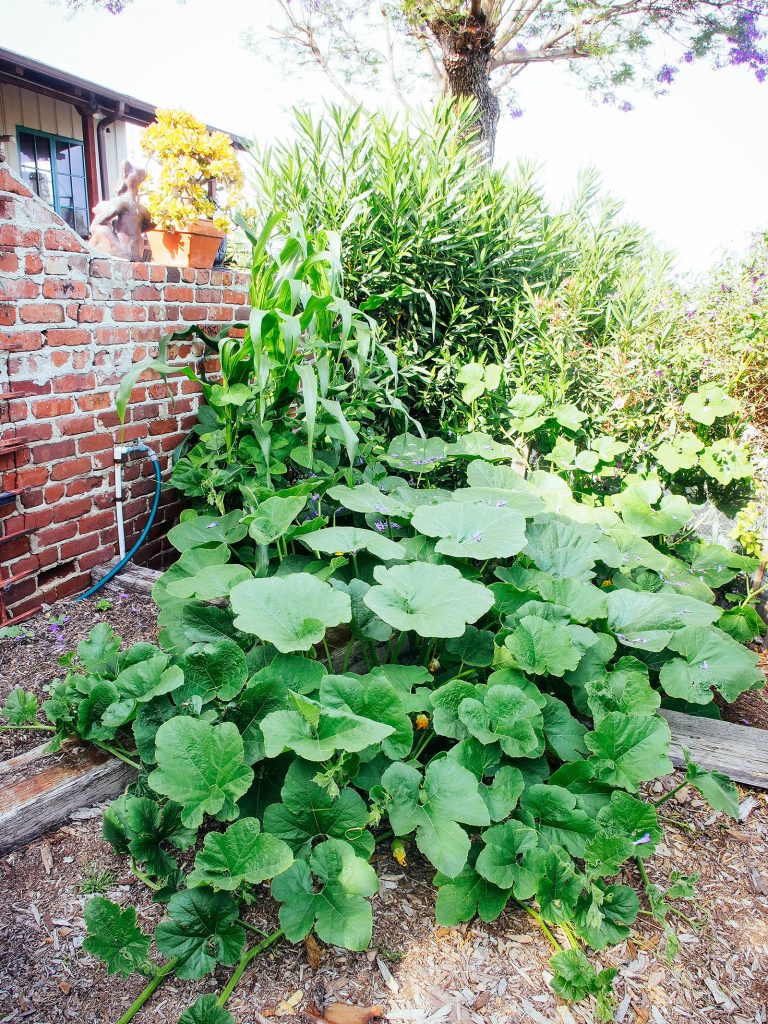
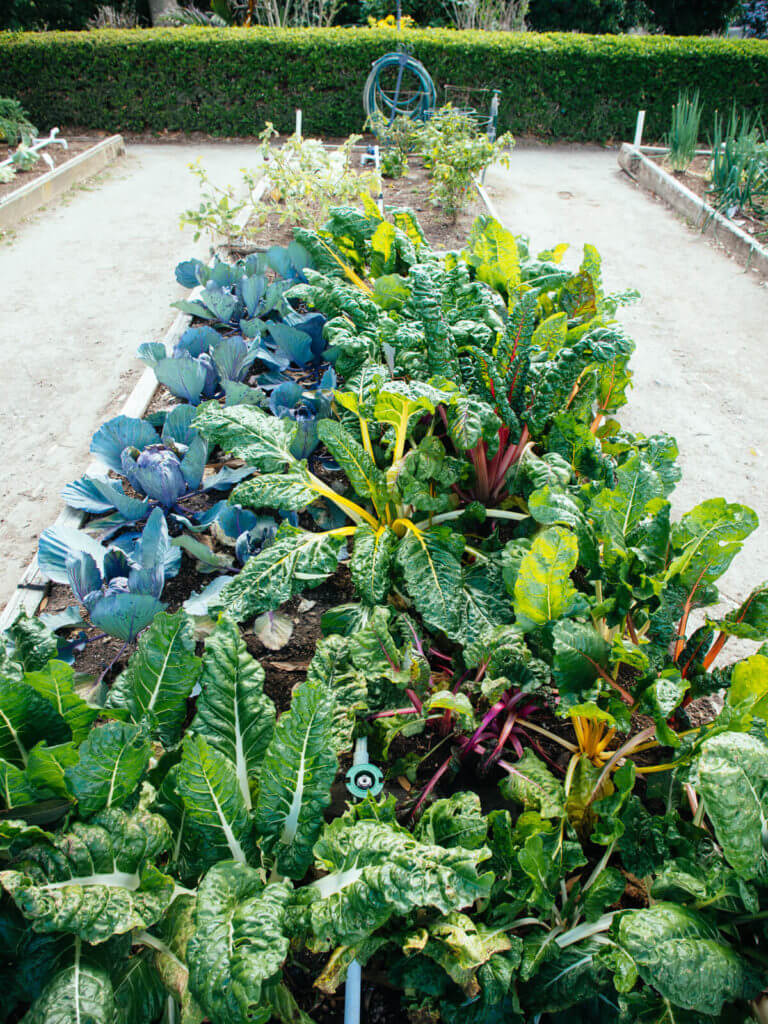


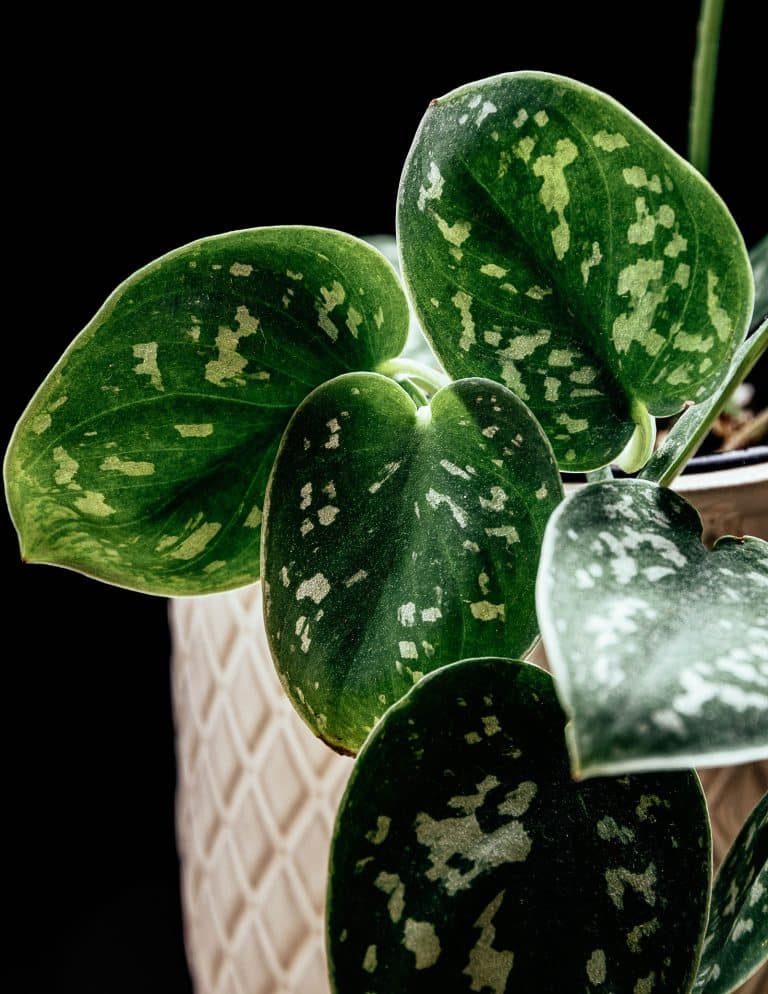
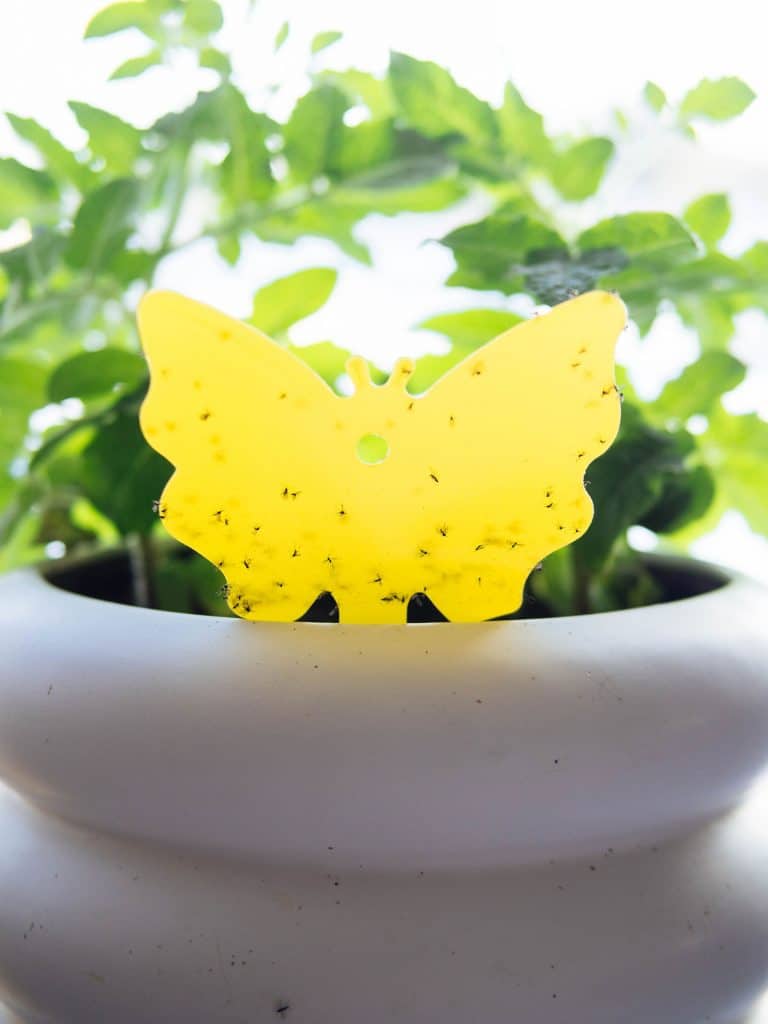
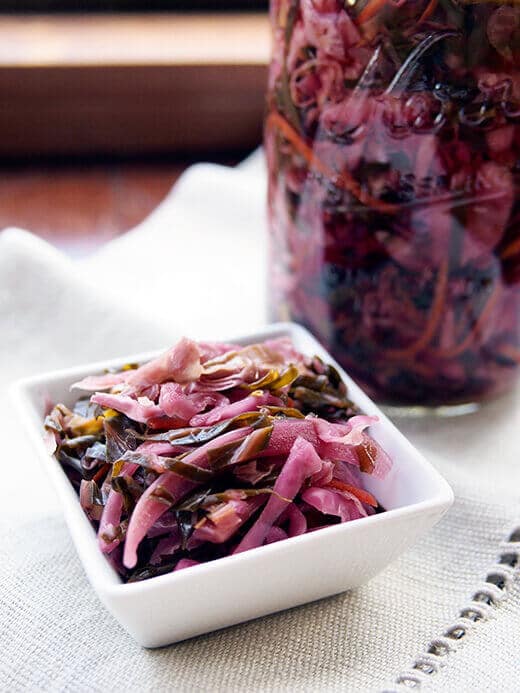
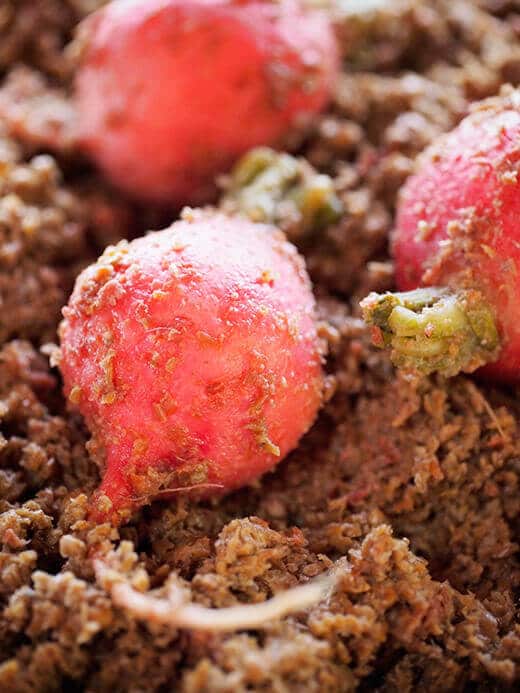
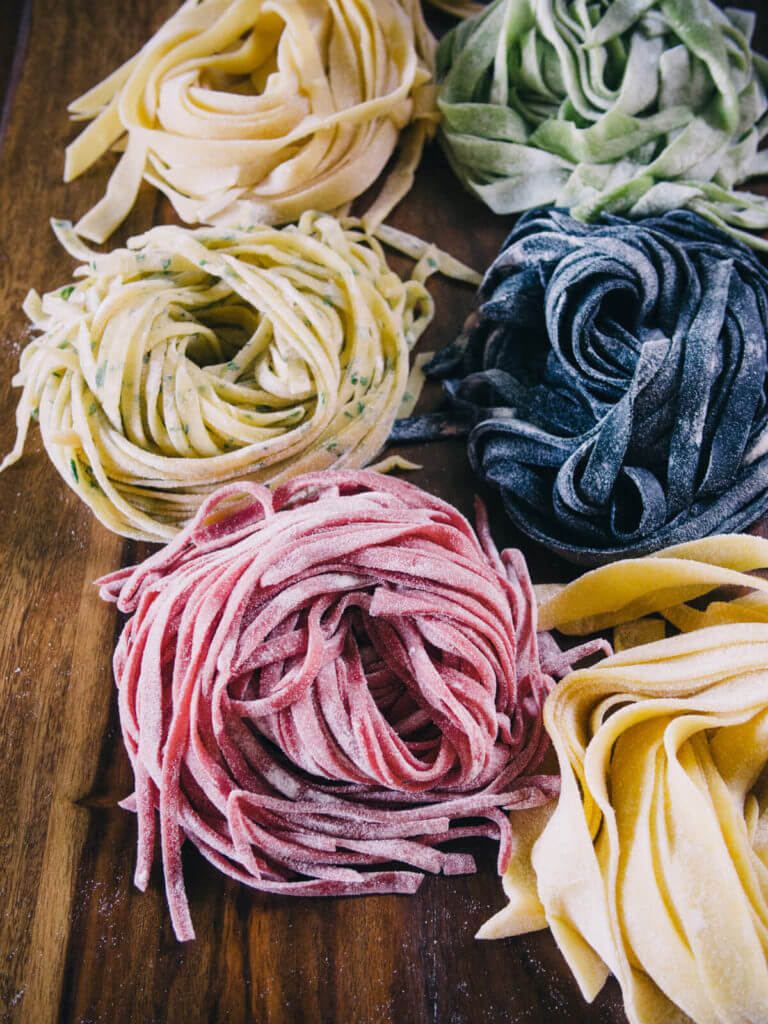
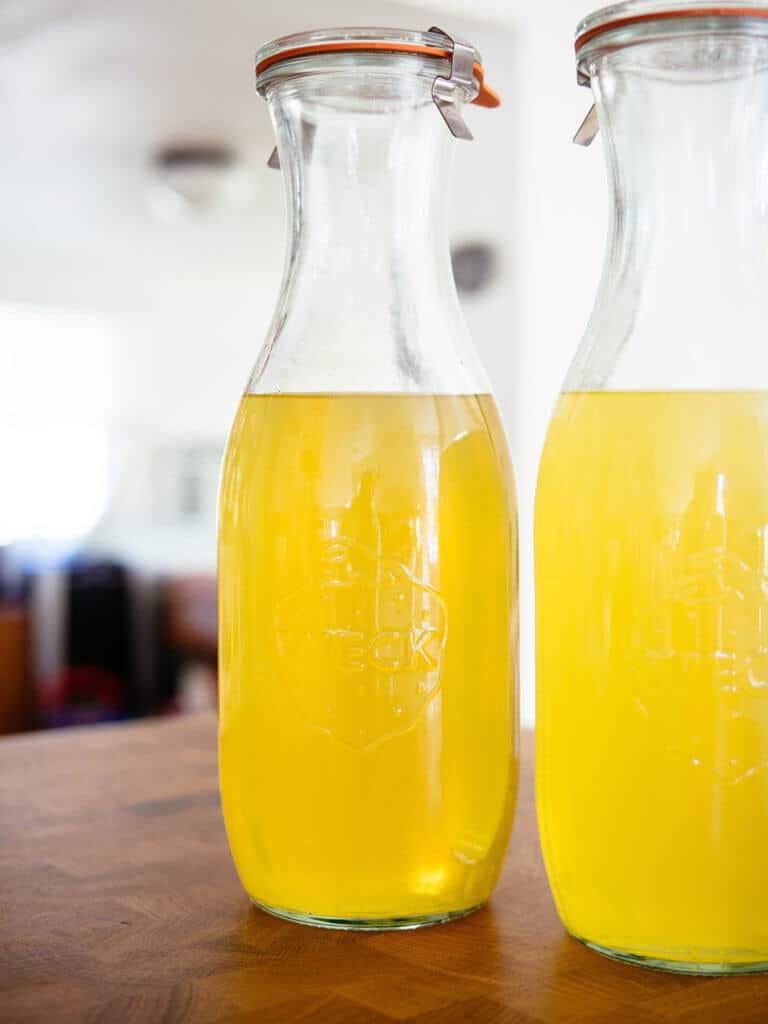

Could this be made with a sugar alternative like monk fruit?
Can these be canned in a water bath?
Technically yes, but I don’t recommend it as the pickles will lose their crispness in a water bath (and traditionally, these are meant to be crisp). They’ll still be delicious, however.
I love do chua in everything (but yeah, I’m with your hubby on loving it in a noodle bowl with yummy pork). Your do chua looks so pretty!
Thank you! Very easy to make, as you can see!
Esther Van de Klundert liked this on Facebook.
Beware of white distilled vinegar it is a GMO product. If you substitute rice vinegar in the recipe use cider vinegar. No sense making a lovely home grown pickle and then pouring a GMO on it.
I got you a tool to make your garden goodies more beautifull!
I saw this photo on tastespotting and had to click over to your site. What pretty pictures! And this recipe sounds fantastic. Can’t wait to try it! Thanks!
Enjoy!
Grow these roots? Make these pickles! Vietnamese Daikon and Carrot Pickles (Do Chua) http://t.co/4TmVAzvwnx < TY for RT! @CaleysCulinary
This is always my favourite garnish whenever I go out for Vietnamese food. I love the colours you have gotten from your rainbow carrots!
Easy-to-make pickles with tons of uses: Vietnamese Daikon and Carrot Pickles (Do Chua) http://t.co/XO5qbhbsJP < TY for RT! @tessasainz
Blogged on Garden Betty: Vietnamese Daikon and Carrot Pickles (Do Chua) http://t.co/YWkNmMspLA < TY for RT! @Angry_Saguaro
Because you can never go wrong with simple. Vietnamese Daikon and Carrot Pickles (Do Chua) http://t.co/tJRmnKpYDU #canning #recipe
RT @theGardenBetty: The perfect balance of sweet and sour: Vietnamese Daikon and Carrot Pickles (Do Chua) http://t.co/XPLdY9Z777 #foodie #c…
The perfect balance of sweet and sour: Vietnamese Daikon and Carrot Pickles (Do Chua) http://t.co/XPLdY9Z777 #foodie #canning #recipe
Yum. ~ RT @bg_garden: Vietnamese Daikon and Carrot Pickles (Đồ Chua):
Quite literally, đồ chua means “sour stuff” http://t.co/QqaZkEFcY8
A homegrown recipe so easy, even non-canners can do it: Vietnamese Daikon and Carrot Pickles (Do Chua) http://t.co/MsTe6SpRjE #gardenchat
Do you grow these roots at home? Then make these pickles! Vietnamese Daikon and Carrot Pickles (Do Chua) http://t.co/4TmVAzvwnx #gardenchat
Sprout it liked this on Facebook.
RT @theGardenBetty: Easy-to-make pickles with tons of uses: Vietnamese Daikon and Carrot Pickles (Do Chua) http://t.co/XO5qbhbsJP #canning …
Easy-to-make pickles with tons of uses: Vietnamese Daikon and Carrot Pickles (Do Chua) http://t.co/XO5qbhbsJP #canning #canvolution
This sounds terrific! I met kimchi on our Hawaiian honeymoon 30 years ago, and have loved it so much since. As it is pricey storebought, I’ve taken to making it myself and LOVE it, so easy and delicious. I must try this one too. Thanks for posting and for sharing the daikon you grew this year. Your seed selections are very helpful to me. Thanks!
I love homemade kimchi as well! Store-bought just doesn’t compare. (My recipe for that will be posted next month.)
RT @theGardenBetty: Blogged on Garden Betty: Vietnamese Daikon and Carrot Pickles (Đồ Chua) http://t.co/YWkNmMspLA
Vietnamese Daikon and Carrot Pickles (Đồ Chua):
Quite literally, đồ chua means “sour stuff” — or Vietnamese p… http://t.co/Wzhdqtonaa
Blogged on Garden Betty: Vietnamese Daikon and Carrot Pickles (Đồ Chua) http://t.co/YWkNmMspLA